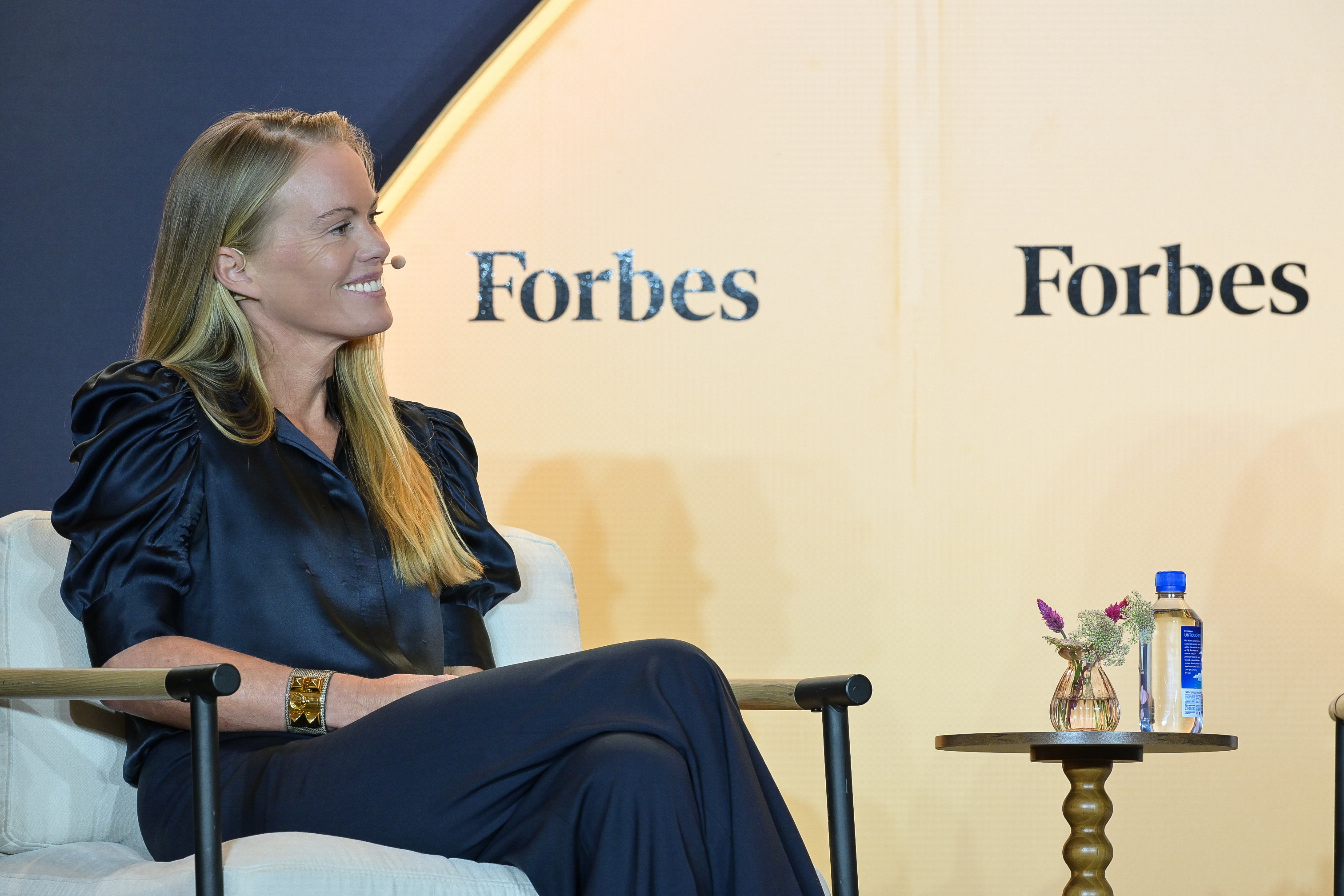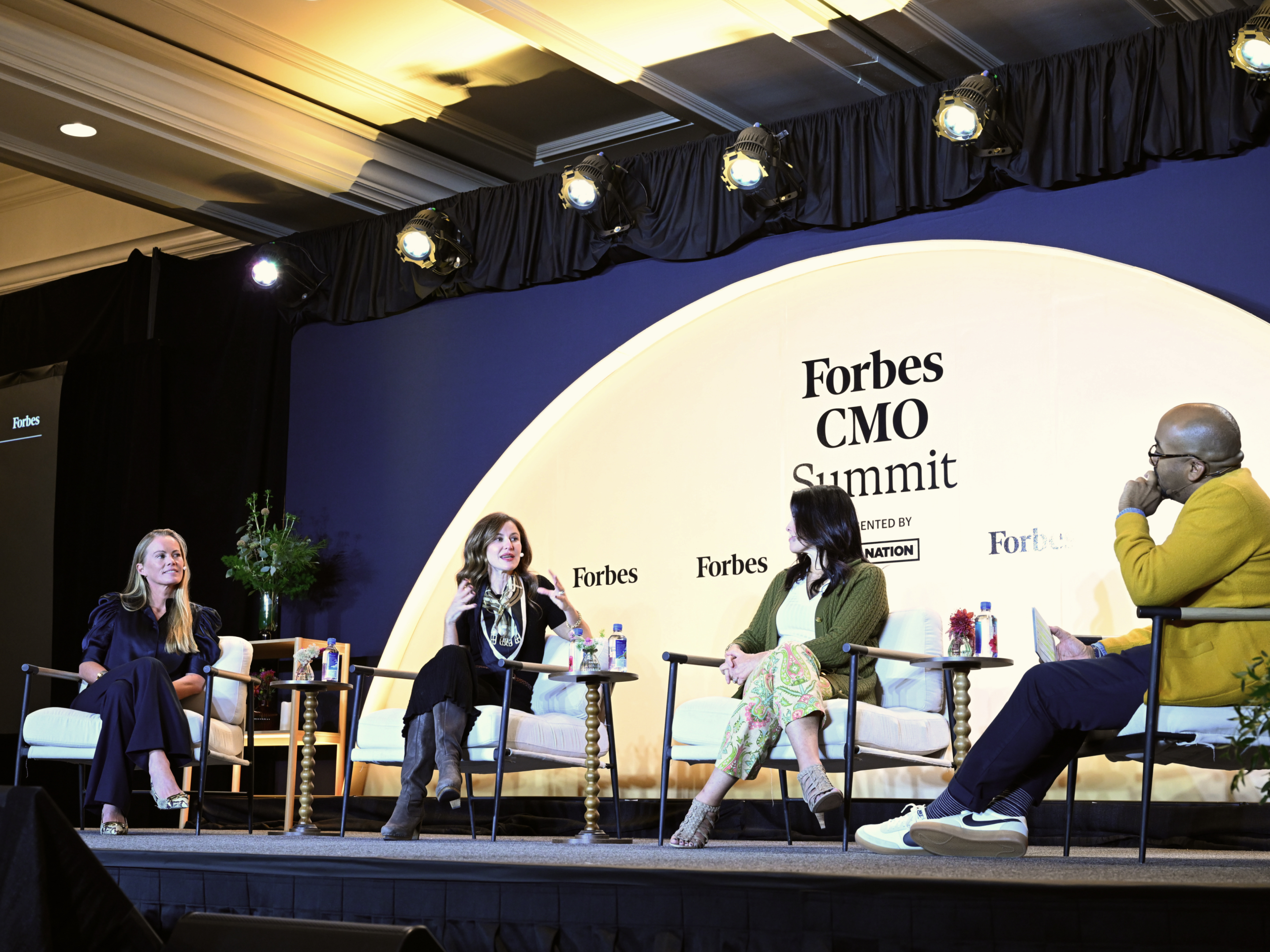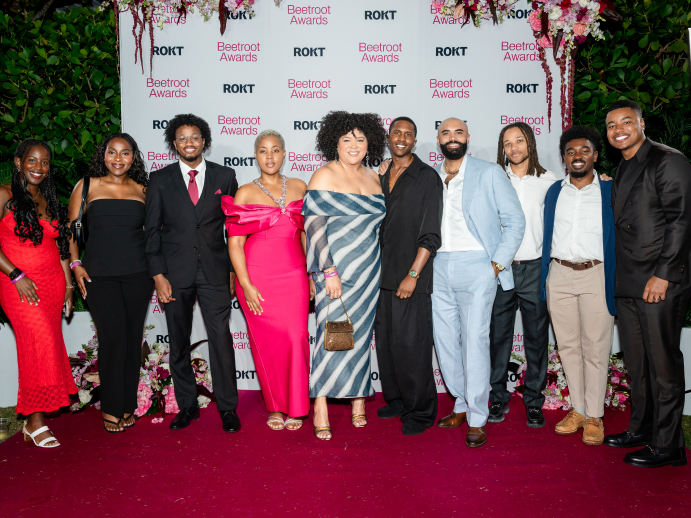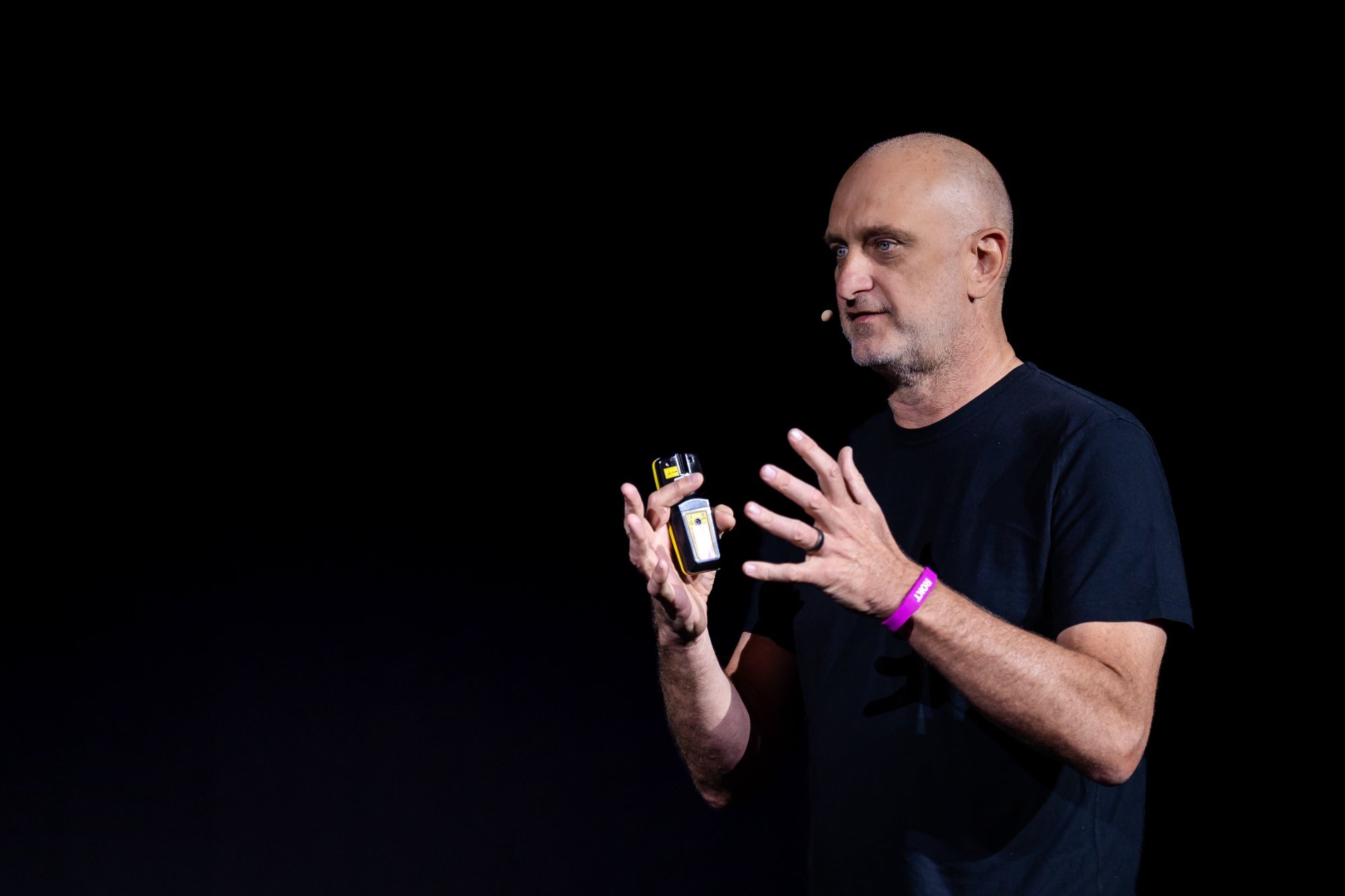Attention is scarce. Expectations are rising. “Personalized” is table stakes. At the 2025 Forbes CMO Summit in Aspen, marketing leaders Jen Wilson (Lowe’s), Laura Jones (Instacart), and Elizabeth Buchanan (Rokt) explored how real-time relevance is becoming the new standard for growth. From anticipating customer needs to creating space for organic brand moments, the discussion focused on how businesses can build trust by showing up with purpose at the exact moment it counts. Moderated by Marcus Collins, the panel pushed past the buzzword to define what relevance really requires: discipline, intimacy, and accountability.
Defining real-time relevance
The discussion opened by challenging the group to define a term that’s often overused but rarely dissected: what does real-time relevance really mean?
Jen Wilson reframed relevance as the job itself, not a feature of a tech stack:
“It’s our job, tech-enabled or not, to show up in real time at relevant moments with our brands.”
Laura Jones reminded marketers that forcing relevance never works:
“The most viral thing we ever did was unplanned… forcing it is the opposite of relevance.”
The takeaway: relevance is awareness and timing, not automation alone.
Anticipation builds trust
Today’s consumer will give you one chance to be useful before tuning out. As Wilson noted, “brands will get very few opportunities to do things right the first time before consumers write us off.”
That urgency is why companies like Instacart are leaning on AI agents to handle the routine signals, weather, preferences, content assembly, freeing teams to focus on the moments that can’t be automated.
For Buchanan, the benchmark isn’t digital at all. It’s her daily barista:
“He knows what I want, acknowledges me, and even suggests the cinnamon roll when he knows I need it.”
That mix of anticipation and humanity is the standard every brand should strive to scale.

Winning the Transaction Moment
The highest-intent window in commerce is the Transaction Moment™, the few seconds between cart and confirmation. This is when customers are deciding what to buy, how to pay, and what to do next.
Elizabeth Buchanan shared how Rokt helps partners act in this moment, using AI and first-party data to surface the next best action while the customer is fully engaged.
This isn’t delayed personalization. It is live decisioning. And when brands show up with intent at this peak moment, they earn something far more valuable than clicks. They earn trust.
How CMOs operationalize relevance
For CMOs, making relevance real means changing how teams work:
- Automate the predictable. Let AI handle the day-to-day personalization so humans can focus on judgment calls.
- Unify ownership. Assign one accountable leader to be responsible for the overall customer experience, not three teams with competing priorities.
- Codify the brand “vibe.” Make sure creator content, email, and TV feel like the same brand without forcing sameness.
- Measure what the CFO cares about. Incremental conversion, profit per transaction, and customer lifetime value, not just impressions.
Real-time relevance is not personalization. It is accountability. When brands take ownership of the moment of decision, and earn the right to be there, they create growth that compounds: higher conversion, stronger loyalty, and enduring trust.
Discover how Rokt delivers real-time relevance where it matters most, at the intersection of intent and action









